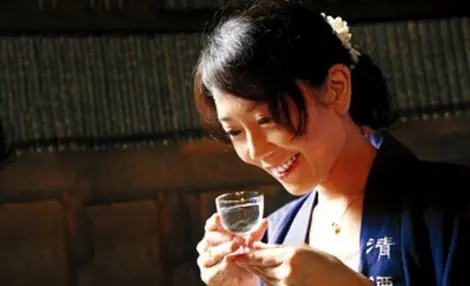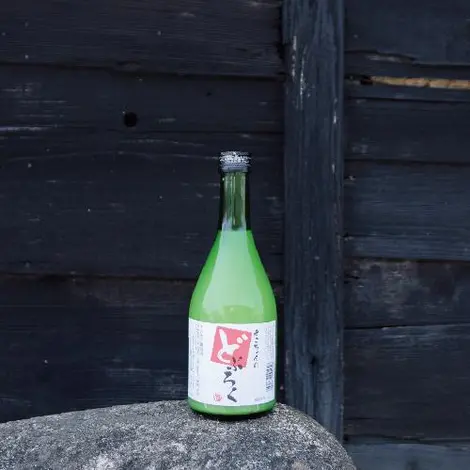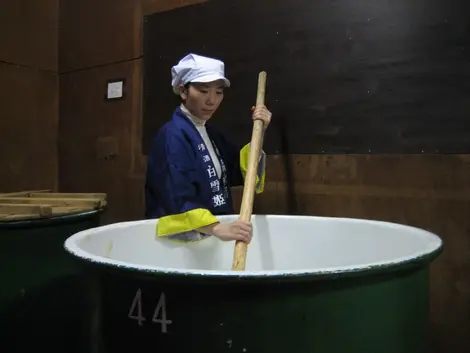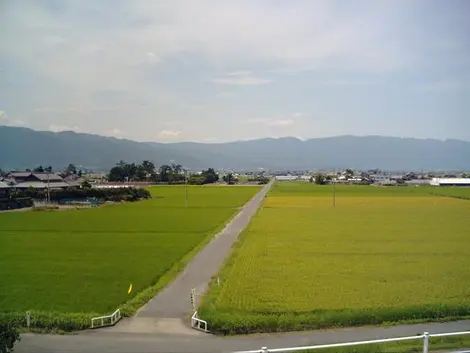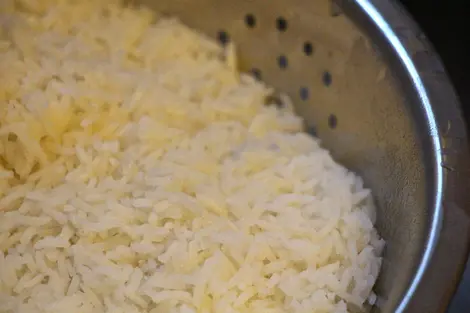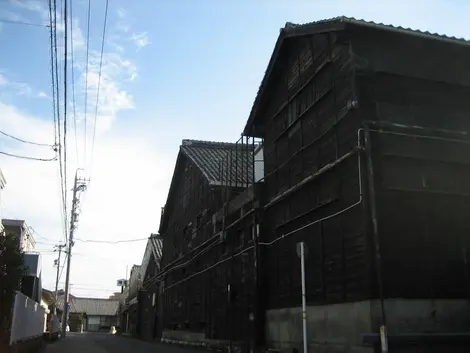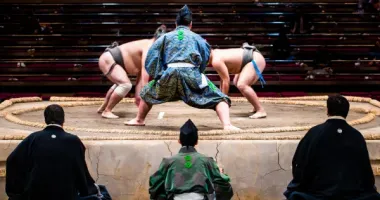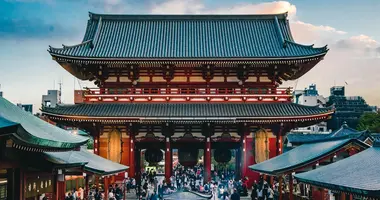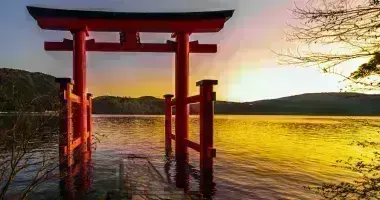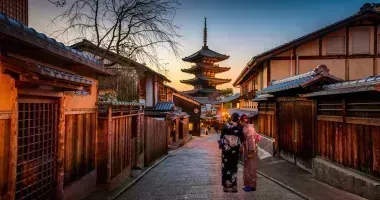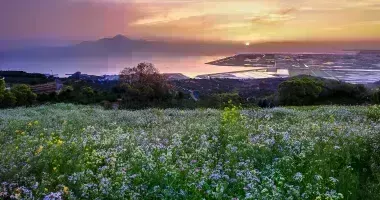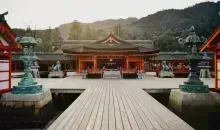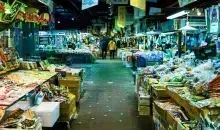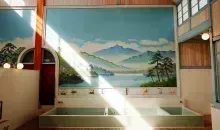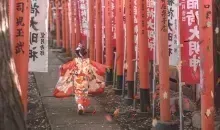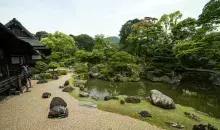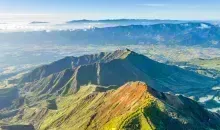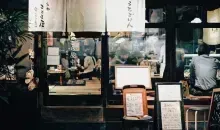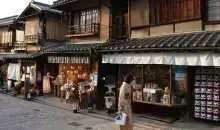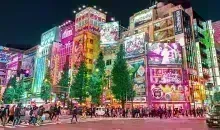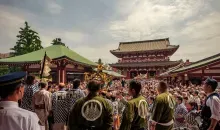Asako Watanabe, the only woman producing sake in Gifu 渡邊愛佐子 のインタビュー
"Traditional know-how has made our reputation"
Asako Watanabe is one of the few female master brewers (Toji) in Japan. She produces her sake in the south of Gifu prefecture, near Nagoya, using the traditional know-how of her family. This interview was conducted with the participation of the European Center for Japanese Studies in Alsace.
Japan Experience: How long have you been a master brewer?
Asako Watanabe: I have produced nihonshu (the other name for sake, a rice spirit) since 1998. After graduating university, I trained at a brewery in Yamanashi Prefecture. I later became head of the Shuzojo family brewery, founded in 1902 in my hometown of Ogaki, renowned for the quality of its water. I'm the fourth generation of Watanabe in the profession!
JE: Why did you choose this career path?
AW : For pleasure, and curiosity about the manufacturing process. Instead of needing strength, it requires skill. You have to know how to manage, in the most ingenious way possible, the natural elements that work to create the final product. It's this know-how during production that is at the origin of the qualities of sake, and that motivated me to go into this exciting profession.
"With energy and perseverance, everything is possible!"
JE: Is it difficult for a woman to succeed in this field?
AW : In the past, sake production workshops didn't allow women to enter and work on their premises - only recently have we been allowed to work in this area. Despite this new openness, female master brewers are rare and, in my prefecture, I am the only one. But nowadays, with energy and perseverance, I think it's quite possible to get there. It takes some physical strength, because the sake making environment is as cold as in a refrigerator. Team spirit is also necessary, you can't make sake alone. If you're tough enough to work in this type of environment, then that's fine. Nevertheless the number of women working in the field is not really increasing.
JE: Do you have a particular recipe?
AW : As you know, sake is made from rice. We use local rice, and groundwater that feeds the Ibi River for manufacturing. To get the alcohol, we use a yeast called kobo, but it doesn't work on rice. We must therefore add an enzyme (koji) that changes the starch of rice into sugar during fermentation. The manufacturing process takes a month. It's in the mastery of both the yeast and enzymes that the expertise of the master - and the final flavor of the drink - reside.
Regarding the technique, I want to preserve the traditional know-how that has made our reputation with customers, but also take on new challenges, and create new flavors that can reach even more consumers.
JE: What would you say characterizes your sake?
AW : My "Snow White" sake expresses the intense flavors of the rice it was made from.
I sell another version of this sake, unfiltered and cloudy. The liquid obtained after the fermentation is wrung out in a cloth. Depending on the degree of wringing and filtering, there are soft rice particles that still float after fermentation. This explains the difference in color, white or transparent, depending on the sake. The name, "Asachan doburoku", is the diminutive of my first name, Asako (doburoku is a variety of sake characterized by a milky appearance).
A third reference, "Minonishiki" , is a traditional sake produced for several generations in our house. Its name comes from the ancient name of the province, "Mino", and "nishiki", which refers to a quality of rice.
All of my sake has an average alcohol content of 15%.
"Climate influences taste"
JE: How much do you produce?
AW : About 30,000 liters. My sake is only distributed in Japan, it is not yet available abroad.
JE: Nihonshu is a very Japanese alcohol, what characterizes yours as coming from Gifu specifically?
AW : Gifu is a mountainous region, but there are different climates, for example between the Hida Takayama mountain ranges and the Nobi plain. Since climate influences the taste of sake, it seems difficult to talk about a unique feature specific to sake from Gifu.
JE: Does sake suffer from competition from other spirits like whiskey?
AW : No, we don't feel it. I think what threatens the sector is the growing distance of young people from alcohol.
We use our website and social networks to make us known and give day-to-day information. We also organize visits of the brewery by appointment, during which we explain how the brewery operates. Visitors can also stop by simply for a tasting.






